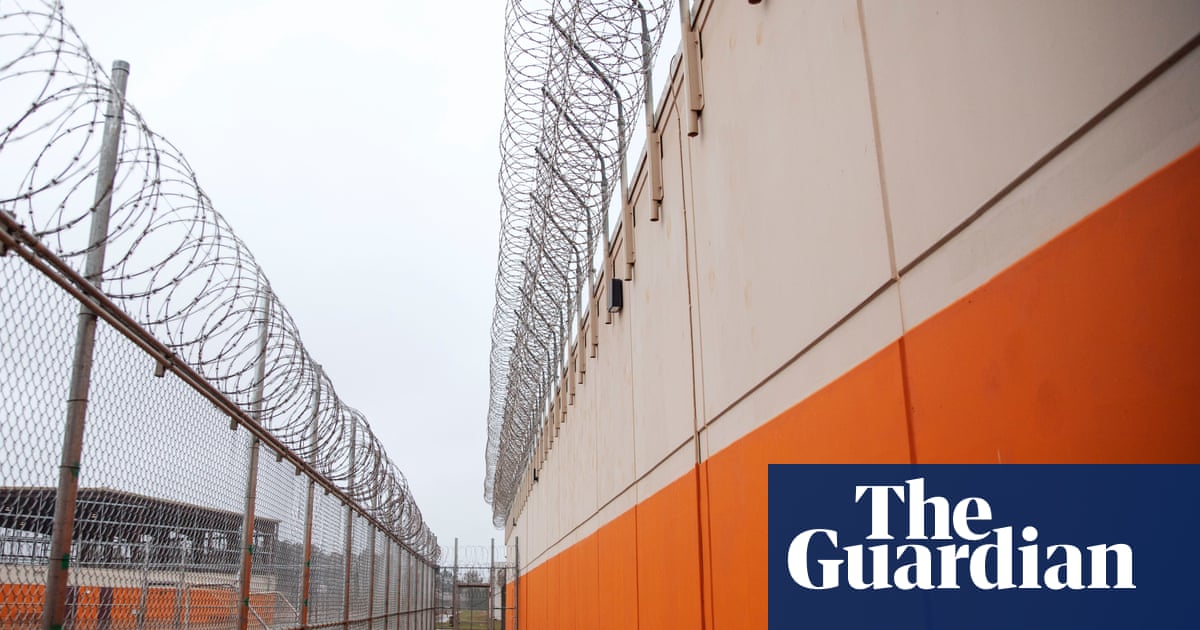The Resignation of Officer Leslie O’Neal: A Case of Mistaken Identity and Immigration Justice
In a troubling incident from Dalton, Georgia, a police officer has resigned after his wrongful actions led to the detention of a college student, highlighting significant issues within immigration enforcement practices in the United States. Officer Leslie O’Neal initiated a traffic stop on a 19-year-old named Ximena Arias-Cristobal, which resulted not only in her incarceration for over two weeks but also in the looming threat of deportation.
The Traffic Stop and Its Fallout
On May 5, Officer O’Neal pulled over Arias-Cristobal, accusing her of making an improper turn. However, the charges were later dropped when the police department acknowledged they had mistakenly identified her vehicle. Unfortunately, by that time, the consequences of O’Neal’s actions had already spiraled out of control.
Arias-Cristobal, who was brought to the United States from Mexico when she was just four years old, faced immediate repercussions. Being undocumented and driving with a Mexican license, she was vulnerable to immigration enforcement. The timing of her arrival in the U.S. meant she narrowly missed qualifying for the Deferred Action for Childhood Arrivals (DACA) program, a federal initiative designed to protect individuals in her situation from deportation.
Immigration Detention and Advocacy
After her arrest, local authorities contacted Immigration and Customs Enforcement (ICE). Arias-Cristobal was subsequently transferred to a federal immigration jail, a move that spurred outrage both locally and nationally. In distressing dash-cam footage from her arrest, she can be heard pleading, “I cannot go to jail. I have my finals next week. My family depends on this.”
Her case captured widespread attention, with many advocating for her release while others, including far-right Congresswoman Marjorie Taylor Greene, argued for her deportation. Greene stated, “In Mexico, today, there’s over 1.6 million United States citizens living and thriving in Mexico.” This perspective reflects a larger national debate on immigration policies and enforcement.
Local Law Enforcement’s Role
The episode highlights the role of local law enforcement in federal immigration enforcement, particularly under programs like 287(g) contracts. Such agreements allow local authorities to enforce federal immigration laws, often leading to increased interactions between police and immigrant communities. The Whitfield County Sheriff’s Office, which oversees the jail where Arias-Cristobal was held, has a 287(g) contract with ICE, a partnership that has drawn criticism for fostering racial profiling and terrorizing community members.
A law enacted by Georgia’s Governor Brian Kemp has further cemented these practices, mandating local law enforcement agencies to seek such agreements with ICE. Critics, such as the Georgia Latino Alliance for Human Rights, have called this move "disastrous," arguing it misuses local resources and exacerbates community tensions.
Personal Struggles and Community Support
Arias-Cristobal’s situation is even more complex given that her father, José Arias-Tovar, was also detained by ICE shortly before her arrest. He managed to bond out of detention on May 16, just a few days before his daughter’s release. After spending over two weeks in the notorious Stewart Detention Center in Lumpkin, Georgia, which is managed by a private company and has faced significant scrutiny for its conditions, Arias-Cristobal was granted release after posting a $1,500 bond.
Community support for Arias-Cristobal has been robust, with advocacy groups rallying for her legal defense. A GoFundMe campaign has successfully raised over $90,000, demonstrating the public’s commitment to her cause. Her attorney, Dustin Baxter, affirmed that they would continue to work on her case, aiming for a more permanent solution to her immigration status.
The Broader Implications
The fallout from Arias-Cristobal’s arrest not only underscores the tension between local law enforcement and immigration policy but also raises critical questions about the human rights of undocumented individuals in the country. The ongoing legal battles and public debates surrounding cases like hers exemplify the complexities of immigration law and enforcement, particularly within communities often treated as battlegrounds for broader national policies.
As the discourse continues, the plight of individuals like Ximena Arias-Cristobal serves as a poignant reminder of the human impact of enforcement practices and reminds us of the urgent need for comprehensive immigration reform.


